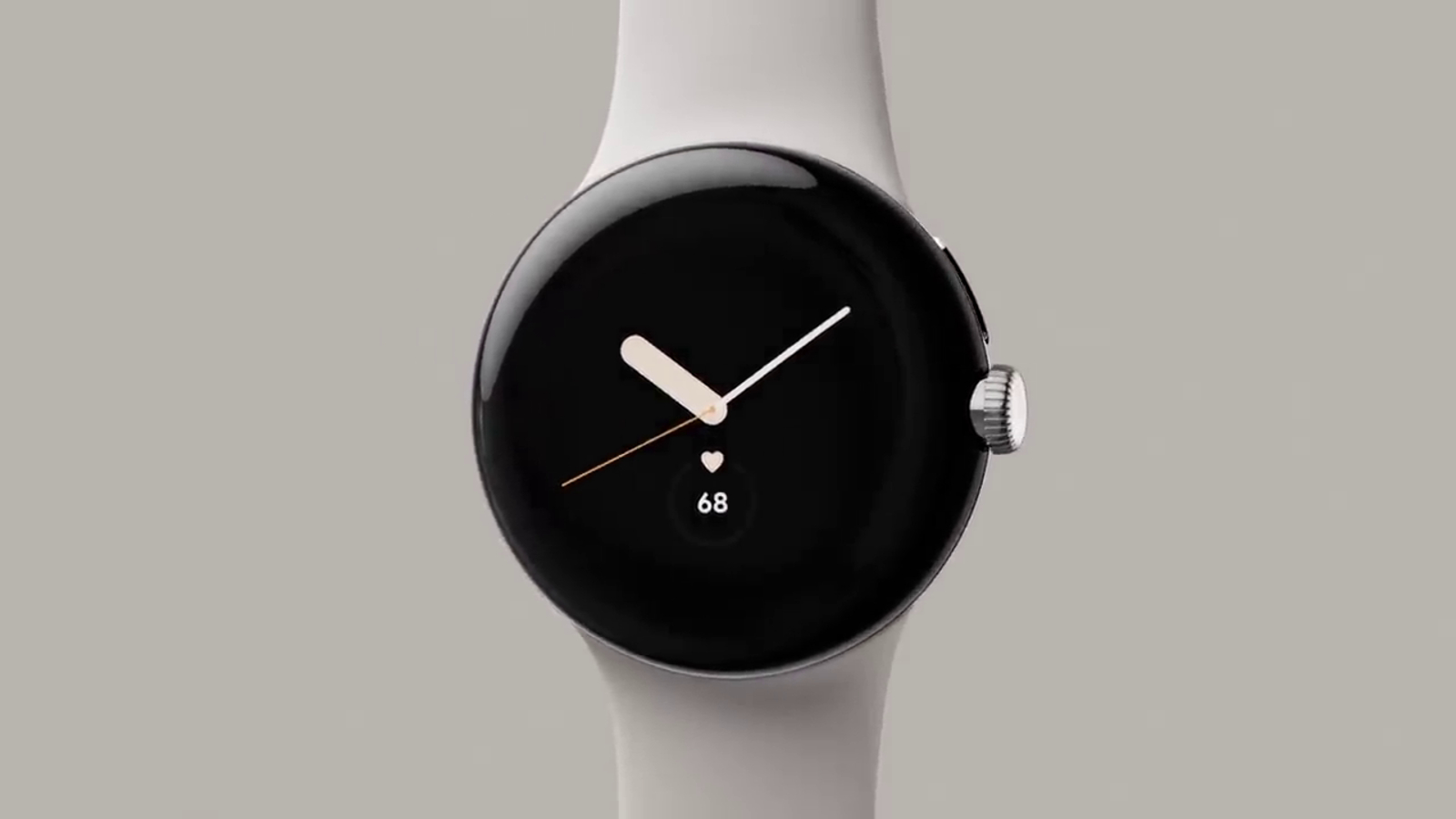Google's Pixel Watch 2 could drop Samsung's processors for better battery life
The Pixel Watch 2 could fix a fatal flaw in the original

Sign up for breaking news, reviews, opinion, top tech deals, and more.
You are now subscribed
Your newsletter sign-up was successful
Google is set to switch from the Samsung Exynos processors that powered the first Pixel Watch to Qualcomm chips for the Pixel Watch 2, with the aim of boosting battery life among other improvements.
According to 9to5Google, Google is said to be changing out the Exynos to the Snapdragon W5 Plus Gen 1. The W5 Plus Gen 1 is specifically designed to be more power-efficient, which Google will be hoping addresses the Pixel Watch’s frustratingly short battery life, which (as we highlighted in our Pixel Watch review) is one of its most annoying flaws.
Other than the improved processor, 9to5Google also claims to have some information on other Pixel Watch 2 upgrades. Google will reportedly bring the Pixel Watch up to par with Fitbit’s latest smartwatches, specifically the Fitbit Sense 2. How it's going to do this isn't specifically mentioned, but there’s been speculation that a skin temperature sensor could be on the cards.
Google is expected to debut a temperature sensor with the Pixel 8, adding credibility to this element of the report.
Analysis: A Samsung failure?
The most interesting part about Google’s return to Qualcomm is Google's broader strategy regarding processors for its Pixel devices. Though Google equipped its Pixel-branded phones and tablets with Qualcomm processors, for the most part, the company has switched to Samsung's Exynos processors wholesale. As a result, its latest Pixel phones and the Pixel Watch have suffered from the relatively poor efficiency of Samsung’s chips.
Unlike with phones such as the Google Pixel 6 or Google Pixel 7, Google is able to easily switch the Pixel Watch line to Qualcomm chips, as the company has no investment in the processors it uses. The Exynos chips used in the Pixel 6 and 7 are branded as Google Tensor, while the Pixel Watch processors have no such label.
It's not that Google couldn't switch to Qualcomm or MediaTek in its phones, mind you, but it's likely that neither company will allow the company to make custom AI modifications like it can on the Exynos-based Tensor chip. To move to “Tensor by MediaTek” or “Tensor by Snapdragon” would be a black eye for the Pixel phones range.
Sign up for breaking news, reviews, opinion, top tech deals, and more.
Fortunately, when it comes to wearables, Google has deemphasized the processor of the Pixel Watch so it will hardly matter if people are using Qualcomm, Samsung or even MediaTek - as long as it works. There’s no shame in acknowledging that a particular choice of component may not have been the right decision and looking to address the issue, and in this case, Google’s doing so should increase consumer confidence in its newest products.

A UK-based tech journalist for TechRadar, helping keep track and make sense of the fast-paced world of tech with a primary focus on mobile phones, tablets, and wearables.
When not writing on TechRadar, I can often be found reading fiction, writing for fun, or working out.